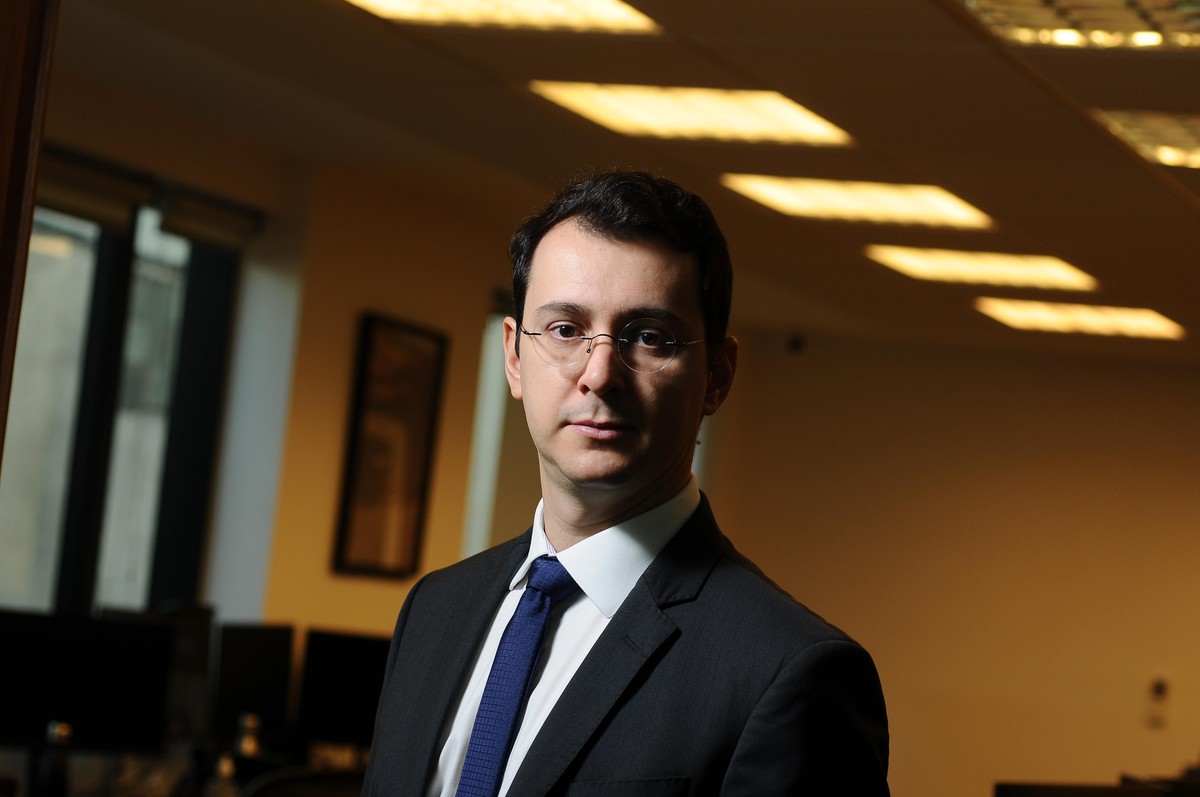“The time to buy is now,” says a confident Gabriel Leal de Barros, chief economist at ARX Investimentos, who sees room for a significant rally in Brazilian financial assets this year. The reason, he explains, is the 2026 presidential election, which, while still distant, has already taken center stage in discussions among local market participants. “It’s early, but everyone is trying to catch this trigger for asset appreciation. Foreign investors as well.”
That view has led ARX to take bullish positions in Brazilian assets, with a preference for equities and nominal interest rates. “The market is light. The industry has faced so many redemptions and bankruptcies that it helps explain why, for example, the stock market is trading one to two standard deviations below its average. Equities are very cheap; local investors are underexposed; and foreign investors still have little exposure to Brazil. First, they’re trying to understand what’s happening before committing capital,” he said.
“This influenced our decision to move in early,” Mr. Barros emphasized, warning that “the door will be narrow” when the trigger for an electoral rally is pulled. In his view, that trigger could be the confirmation of the opposition candidate in next year’s presidential race. In ARX’s base case, São Paulo Governor Tarcísio de Freitas (Republicans) is currently the best-positioned figure.
“When the trigger comes, people will scramble to buy stocks; prices will explode, regardless of whether he wins or not. The election itself is a game for October 2026. But from November until September, markets will trade on this, and it will be massive, a very strong appreciation,” he said.
Treasury builds cash buffer for 2026 with faster bond issuance
Mr. Barros’s scenario assumes that former president Jair Bolsonaro will be convicted this month in the Federal Supreme Court trial over the coup plot and imprisoned by November, at which point he would have to pick a successor to inherit his political capital ahead of next year’s election. With the view that an opposition government would implement a more disciplined fiscal framework than the current administration, Mr. Barros sees potential for a rally based on expectations of a shift in economic policy starting in 2027.
“We’re moving early because of this. The market is light, so the time to build positions is now. Of course, there’s the external scenario, Trump, a lot of moving parts… But all else equal, we’re going to see wild euphoria,” he said. “It won’t be linear. We know there will be volatility, but the idea is to hold our breath and hang on. Fortunately, we can do that because we have a lot of foreign liabilities, but retail-heavy managers may not be able to. Foreign investors understand this. Their patience threshold is higher.”
The firm’s conviction in equities and nominal interest rates does not extend as strongly to the currency market, where ARX has taken a more tactical approach. The asset manager even sees room for a short-term spike in the dollar against the real, partly on the expectation of heightened diplomatic and trade tensions between Brazil and the U.S. if Bolsonaro is convicted. “There could be another Magnitsky application, and then the dollar may spike. When that happens, we’ll close the position. It’s very tactical and very short-term,” he explained.
“Our larger allocation is in nominal interest. We’re invested in the pre-fixed curve,” said Mr. Barros, adding that real rates carry more risks at the moment. “Nominal rates are still stretched. With the fiscal policy we have, it’s harder for real rates to fall. So that’s our bet. And in equities, we’re always waiting for the best moments to increase long positions. Every time the market corrects, we add exposure.”
Still, while ARX’s scenario centers on expectations of a government change, Mr. Barros believes next year’s election will be competitive. He noted that President Lula’s recent improvement in approval ratings has been driven by food price disinflation, a trend not yet fully passed through to consumers. In addition, he said the improvement in financial conditions could further boost the government’s popularity.

